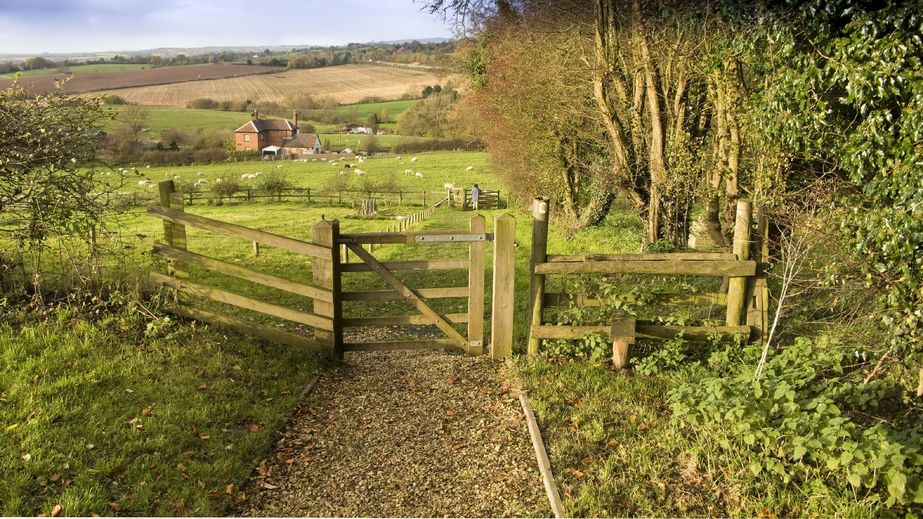
Farming groups welcomed the special recognition of the importance of agriculture in the climate change deal, reached in Paris.
This protects it from climate change mitigation if this threatens food production. Farming unions recently participated in the International Conference on Agriculture and Climate and many said they will be joining other European farm lobby organisations in stressing that Article 2 in the Paris deal must be reflected in any new policies from the UK government or European Commission.
The Food and Agriculture Organization of the United Nations Director-General José Graziano da Silva has welcomed the approval of the Paris Climate Change Agreement, saying that "for the first time ever, food security features in a global climate change accord."
"This is a game changer for the 800 million people still suffering from chronic hunger and the 80 percent of the world's poor who live in rural areas and earn their income - and feed their families - via the agriculture sectors. By including food security, the international community fully acknowledges that urgent attention is needed to preserve the well-being and future of those who are on the front line of climate change threats," Graziano da Silva said.
Ulster Farming Union deputy president, Barclay Bell, said farmers experienced first-hand the impact of climate change on weather patterns. “Weather is still the biggest determinant of their financial fortunes, since output dictates what a farmer has to sell. However the experience of arbitrary targets, not least over biofuels, has confirmed that these are not the way to go. That is why we are so glad to see agriculture protected in the COP 21 agreement,” he said.
The UFU says the agreement recognises the vital importance of agriculture not only to meet the needs of a growing world population, but as a source of land that can help absorb carbon.
“We have said all along that farming can be part of the complex solutions to climate change over the coming decades. This has now been recognised in the final deal,” said Mr Bell. He stressed however that while farmers recognised the need not to allow global temperatures to rise by more than 2 degrees, it was important the UK and others did not seek to break rank by imposing even tougher controls beyond this target.
“We now have a binding global deal, and that is the way it should be seen,” said Mr Bell.
Before the Paris deal there had been calls for targets in key areas of agriculture to reduce methane emissions from livestock and further limit fossil fuel use for fuel and fertiliser.
“This deal makes clear that if this is to happen it cannot be at the expense of agricultural productivity, which is the basis of national and global food security,” said Mr Bell. He added that this does not mean the role of farming in greenhouse gas emissions could be ignored.
“This is clearly not the case, but thanks to the important protection now secured we can press for any new measures to be firmly based on science, and capable of being implemented without threatening farm output,” he said.
